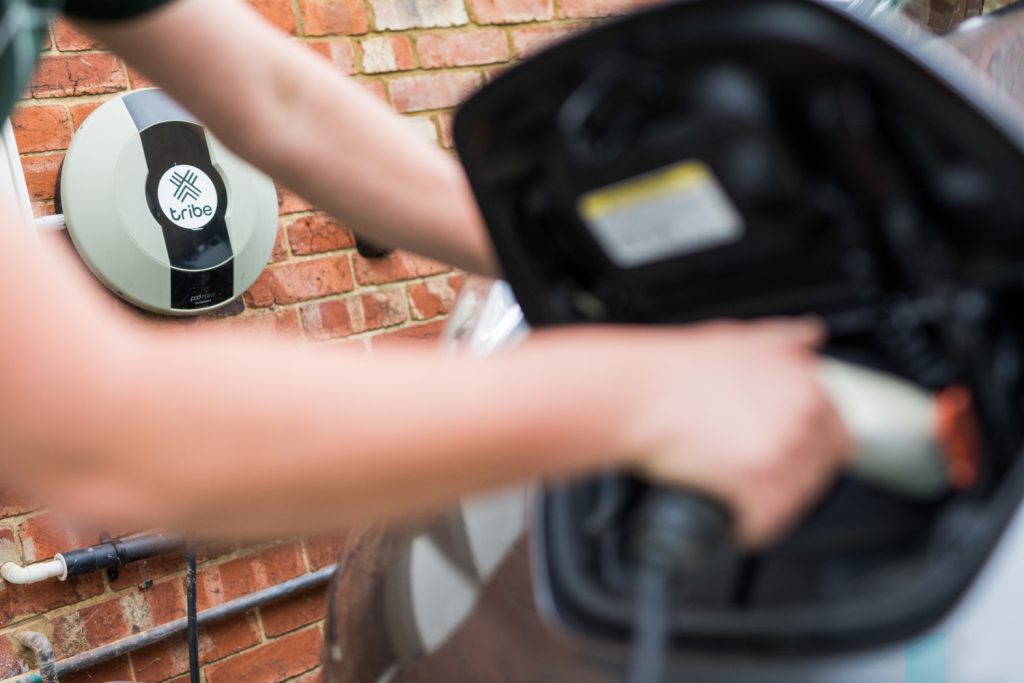How Much Does It Cost to Charge an Electric Vehicle at Home?
When considering purchasing an electric vehicle, you also have to consider how to charge your vehicle. There are public charging stations strategically placed, but your best bet is to charge in your own home. Find out how much it can cost to charge your electric car at home below.
What does kWh mean for electric cars?
A kilowatt-hour (kWh) is a measure of energy. You are charged per kilowatt-hour to charge your electric vehicle. John Voelcker, an automotive journalist and industry analyst, commented on this to Kelly Blue Book.
Voelcker notes that most EVs get between three and four miles out of each kWh. If you divide the total miles driven each month by three, you can get the amount of kWh you would use monthly. Multiply this by the cost per kWh.
The example used says that if you drive 540 miles a month, you will use 180 kWh in a month. The average price of a kWh in the U.S. is $0.12/kWh. Multiple 180 kWh by $0.12, and you get $21.60 per month.
If you use 1000 kWh of electricity and your monthly bill comes out to $100, you pay $0.10 for each kWh. Should you put 1,000 miles on your car with the same three miles per kWh, that puts your bill around $30. If you double the rate to $.20/kWh, your charging cost is around $60.
Gas prices fluctuate a lot, but it is safe to say you would probably spend upwards of $50 a month to drive 1,000 miles.
Should I charge my electric car every night?
Knowing where to access public charging stations is important, but most of your charging will likely be done at home. Since electricity is less expensive at night when people are using less of it, this is good news for those looking to charge an electric vehicle at night.
“The cheapest way to charge your electric car is almost always at home, overnight. Some utilities have special low rates for the overnight period when their demand is lightest,” Voelcker said.
By charging at home, you save yourself the time of traveling to a charging spot, and it is less expensive in the long run. Plug in your Tesla or your Volkwagen ID.4 while you sleep and enjoy a fully-charged car by the next morning.
Where you live makes a difference
Electric vehicles get less of a range in cold weather. That’s no secret. However, areas with colder weather also pay more for a charge.
KBB notes that in the Northeast region during February, those charging an EV in Massachusetts, New Hampshire, Rhode Island, and Connecticut paid double for each kWh of energy used.
One option is to buy a fast charger for your house. A Level 2 charger from Charge Point costs around $700. This 240-volt charger will charge up to nine times faster than a normal wall outlet.
You can also use the ChargePoint app to set your charger to charge when energy is cheaper. Set a schedule to automatically charge when the price dips and even set a reminder to plug your car in.
So, all in all, you can control a lot of the cost of your electric vehicle. If you need to charge in public, it will cost more. Charging at home will cost more upfront if you install a charger, but it will pay off after that.


No comments:
Post a Comment